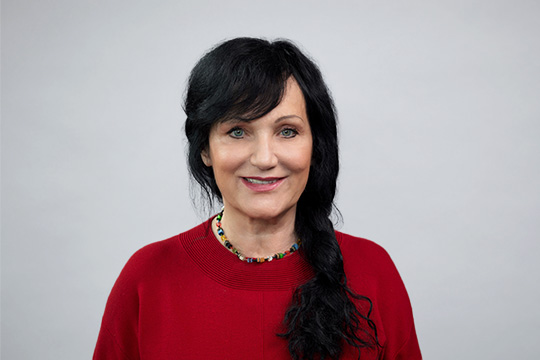As most of the global acting companies cannot cover their entire business from one single location, so-called OpCos as regional operations are established. An operating company (OpCo) can be defined as a production unit that runs the day to day operations in a specific region or market. The interaction with local resources and customers is one of the critical activities of an OpCo.
The Digital Maturity Model provides an overarching view on the digitalization of an entire organization and defines six core business dimensions: Customer, Strategy, Technology, Operations, Culture, and Data. Taking a closer look at OpCos, in our experience, the dimensions Strategy, Technology, Operations, and Data are predefined by the head company, while the Culture dimension is crucial for OpCos.
“Culture is more often a source of conflict than of synergy. Cultural differences are a nuisance at best and often a disaster.” This provocative quote from Geert Hofstede addresses one of the most crucial topics for globally acting companies and their operating units. According to the Digital Maturity Model (DMM), the cultural challenges and opportunities exist at two levels:
- Within the “Organizational Culture” across the new organization, where the overall culture needs to be underpinned by individual and collective impacts. Therefore it should be structured appropriately to deliver the new business strategy and enable high performance.
- Within the “Transformation Team Culture” individual and collective impacts should also be recognized and aligned when forming the teams responsible for driving and delivering the transformation program. This often starts from the very top, where executives should understand how to impact the organization best and make decisions pushing the overall transformation agenda. This should then be cascaded down to the transformation delivery teams, and eventually across the entire organization.
Through the DMM assessment, which consists of a qualitative and quantitative questionnaire, as well as on-the-ground workshops with OpCos, a first estimation on the implementation of the group’s requirements can be revealed. Based on our experience and knowledge in the digital transformation, we identified that topics like skill management, partner/vendor negotiations and the assessment of strategic investments as part of the group strategy are not likely to work on the OpCo level. Cultural differences, for example, in the MENA region, need to be considered in the planning and implementation phases. Hofstede described the Middle East in his assessment of the Power Distance (Power Distance means that less powerful members of institutions and organisations within a country expect and accept that power is distributed unequally) that people accept a hierarchical order in which everybody has a place, and which needs no further justification. Hierarchy in an organization is seen as reflecting inherent inequalities, centralization is popular, subordinates expect to be told what to do, and the ideal boss is a benevolent autocrat.
Similar findings were made during the DMM assessment for OpCos in the Middle East. Due to the cultural background, a robust hierarchical behaviour was identified which underpins a classical disciplinary leadership in most OpCos. A healthy silo thinking and limited striving for transparency confine the necessary digital change towards agility. Besides openness, missing career development paths and objectives were identified during the assessment. One of the key findings during the DMM assessment for OpCos in the Middle East, to overcome cultural restrictions, was the introduction of employee exchange programs. Exchange programs encourage employees and managers to expand their cultural mindset, but they are not a remedy that can be applied to everything.
Why is the DMM a game-changer for the assessment of group strategies?
In general, the DMM analyses internal and external business and operating conditions - including the market - to develop ecosystem models that strengthen, expand and improve the digital portfolio while pursuing common goals. With a focus on the assessment of group strategies, the DMM can be used to compare the digital maturity within other OpCos or business units and helps to understand and challenge group decisions regarding the different dimensions. Also, the assessment outcome can be used as a basis for OpCo individual improvements towards processes and working behavior.
This article was originally published on 31.08.2020 here on Linkedin.







